How to Make Your Pets More Sociable and Friendly and Why It Matters
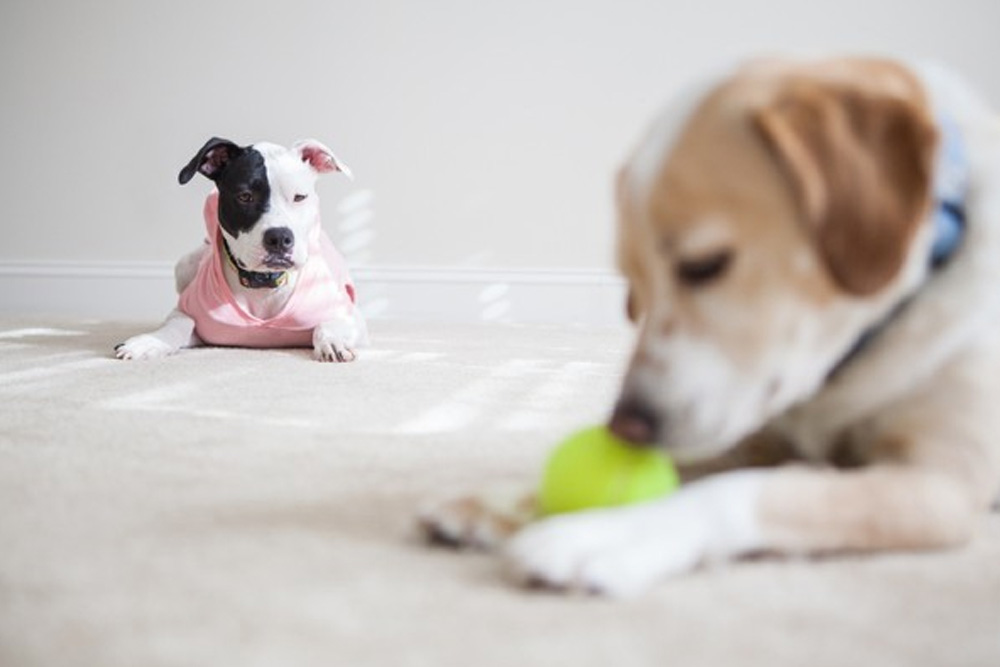
If you are a pets owner, you probably want your pet to be happy and well-adjusted. You want your pet to get along with other people and animals, and to enjoy their company. You want your pet to be confident and friendly, and not shy or aggressive. You want your pet to be a good companion and a good citizen.
But how can you achieve this? How can you make your pet more sociable and friendly? How can you help your pet overcome any fears or insecurities that they may have? How can you prevent or solve any behavioral problems that your pet may have? In this article, we will answer these questions and give you some practical tips on how to make your pet more sociable and friendly.
Related articles
1- Treat Your Pet Like Family: 10 Fun Activities to Do Together
2- Keep Your Pet Healthy and Happy with Regular Veterinary Check-ups
3- How to Keep Your Pets Mind Sharp with Unique Games and Foods!
4- From Fat to Fit: Home Exercises for Your Obese Pet
We will cover the following topics:
- The importance of making your pet more sociable and friendly
- The benefits of making your pet more sociable and friendly
- The problems of not making your pet more sociable and friendly
- The steps to make your pet more sociable and friendly
- The common challenges and solutions for making your pet more sociable and friendly
Let’s start by looking at the importance of making your pet more sociable and friendly.
The importance of making your pets more sociable and friendly
Making your pet more sociable and friendly is not only a matter of convenience for you, but also a matter of health and happiness for your pet. By making your pet more sociable and friendly, you can:
- Provide them with the social stimulation and interaction that they need for their mental and emotional well-being
- Prevent or reduce any stress or anxiety that they may feel due to isolation or loneliness
- Enhance their mood and behavior and prevent depression or aggression
- Support their immune system and prevent or fight diseases
- Increase their lifespan and quality of life
As you can see, making your pet more sociable and friendly is essential for their well-being. But how can you do it? What are the benefits of making your pet more sociable and friendly? And what are the problems of not making your pet more sociable and friendly? Let’s find out.
The benefits of making your pets more sociable and friendly
- Making your pet more sociable and friendly means providing them with opportunities and experiences that expose them to different people, animals, places, and situations. This will help them develop their social skills, confidence, and personality. Making your pet more sociable and friendly can offer them many benefits, such as:
- Improving their communication and understanding with other beings, such as vocalizations, gestures, or body language
- Increasing their affection and bonding with other beings, such as cuddling, licking, or grooming
- Enhancing their cooperation and collaboration with other beings, such as working together, playing together, or learning from each other
- Expanding their horizons and curiosity with other beings, such as exploring new places, meeting new people or animals, or discovering new things
- Having fun and enjoyment with other beings, such as having a good time, laughing, or being entertained
- Making your pet more sociable and friendly can also help them cope with any special conditions or situations that they may have or face, such as:
- Separation anxiety or attachment issues
- Fear or phobia of certain people, animals, places, or things
- Dominance or aggression towards other pets or people
- Shyness or insecurity around other pets or people
- Boredom or frustration due to lack of stimulation or interaction
- Making your pet more sociable and friendly can make a big difference in their health and happiness. But what happens if you don’t make your pet more sociable and friendly? What are the problems of not making your pet more sociable and friendly? Let’s see
The problems of not making your pets more sociable and friendly
- Not making your pet more sociable and friendly means depriving them of the social stimulation and interaction that they need for their mental and emotional well-being. This can cause them many problems, such as:
- Impairing their communication and understanding with other beings, such as being unable to express themselves or read others’ signals
- Reducing their affection and bonding with other beings, such as being aloof, distant, or indifferent
- Weakening their cooperation and collaboration with other beings, such as being stubborn, selfish, or disobedient
- Limiting their horizons and curiosity with other beings, such as being fearful, suspicious, or hostile
- Missing out on fun and enjoyment with other beings, such as being bored, depressed, or aggressive
- Not making your pet more sociable and friendly can also worsen any special conditions or situations that they may have or face, such as:
- Separation anxiety or attachment issues
- Fear or phobia of certain people, animals, places, or things
- Dominance or aggression towards other pets or people
- Shyness or insecurity around other pets or people
- Boredom or frustration due to lack of stimulation or interaction
- Not making your pet more sociable and friendly can have serious consequences for their health and happiness. That’s why it’s important to make your pet more sociable and friendly. But how can you do it? What are the steps to make your pet more sociable and friendly? And what are the common challenges and solutions for making your pet more sociable and friendly? Let’s find out.
The steps to make your pets more sociable and friendly
- Making your pet more sociable and friendly is not a difficult task if you follow some simple steps. Here are some tips on how to do it:
- Socialize your pet from an early age. The first step is to expose your pet to different people.
- Socialize your pet from an early age. The first step is to expose your pet to different people, animals, places, and situations from an early age, preferably between 3 and 12 weeks of age. This will help your pet develop their social skills, confidence, and personality. You should introduce your pet to a variety of people and animals of different ages, genders, sizes, and appearances. You should also expose your pet to different places and situations, such as your home, your car, your neighborhood, a park, a vet clinic, or a pet store. You should make sure that these experiences are positive and rewarding for your pet, and avoid any negative or traumatic ones.
- Train your pet to behave well around others. The second step is to teach your pet some basic commands and manners that will help them behave well around others. You should train your pet to obey commands such as “sit”, “stay”, “come”, “leave it”, or “drop it”. You should also teach your pet to behave politely around others, such as not jumping on them, not barking at them, not biting them, or not stealing their food. You should use positive reinforcement methods, such as praise, treats, or toys, to reward your pet for their good behavior. You should also avoid using negative reinforcement methods, such as scolding, hitting, or yelling at your pet, as this can make them fearful or aggressive.
- Provide your pets with opportunities for social interaction and bonding. The third step is to provide your pet with regular opportunities for social interaction and bonding with other people and animals. You should take your pet out for walks or outings where they can meet and greet other pets and people. You should also enroll your pet in some social activities or events, such as a playgroup, a daycare, a training class, or a party. You should also invite some friends or family members over to your home where they can interact and play with your pet. You should also provide your pet with some toys or games that they can share or play with other pets or people.
- Monitor and manage your pet’s social behavior and mood. The fourth step is to monitor and manage your pet’s social behavior and mood. You should observe your pet’s body language and vocalizations for any signs of stress, anxiety, fear, or aggression. You should also pay attention to your pet’s preferences and personalities for any likes or dislikes of certain people, animals.
In conclusion, making your pet more sociable and friendly is not only a matter of convenience for you, but also a matter of health and happiness for your pet. By making your pet more sociable and friendly, you can provide them with the social stimulation and interaction that they need for their well-being. You can also prevent or reduce any stress or anxiety that they may feel due to isolation or loneliness. You can also enhance their mood and behavior and prevent depression or aggression. You can also support their immune system and prevent or fight diseases. You can also increase their lifespan and quality of life.
Making your pet more sociable and friendly is not a difficult task if you follow some simple steps. You should socialize your pet from an early age, train your pet to behave well around others, provide your pet with opportunities for social interaction and bonding, and monitor and manage your pet’s social behavior and mood. You should also consult with your veterinarian or a pet behaviorist if you need more guidance or assistance.
We hope that this article has helped you understand how to make your pet more sociable and friendly. If you have any questions or comments, please feel free to contact us. We would love to hear from you.
Thank you for reading and have a wonderful day with your pet!
Sobre o Autor
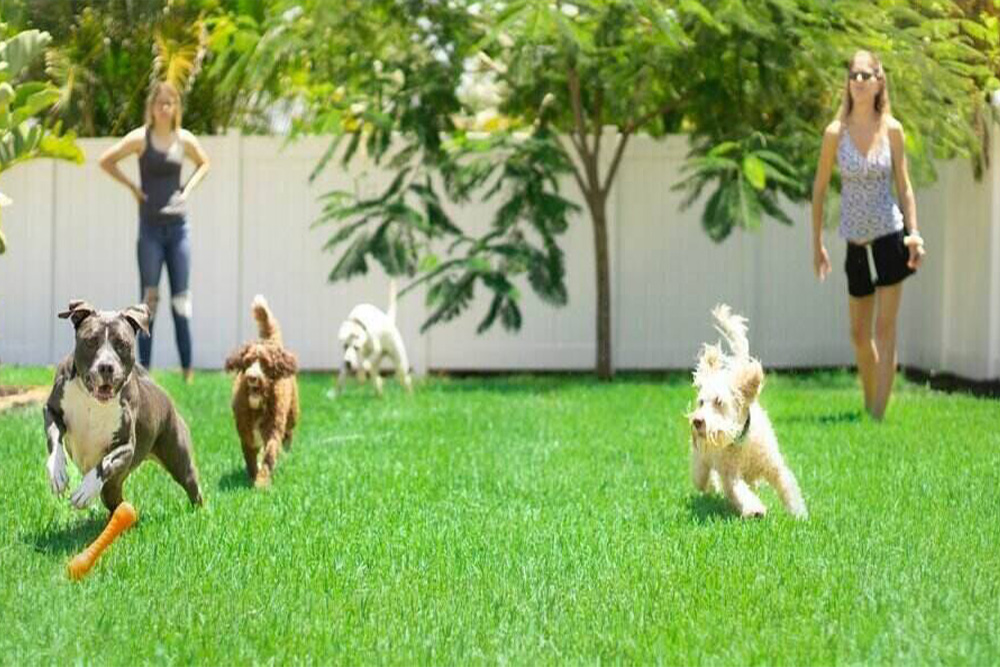
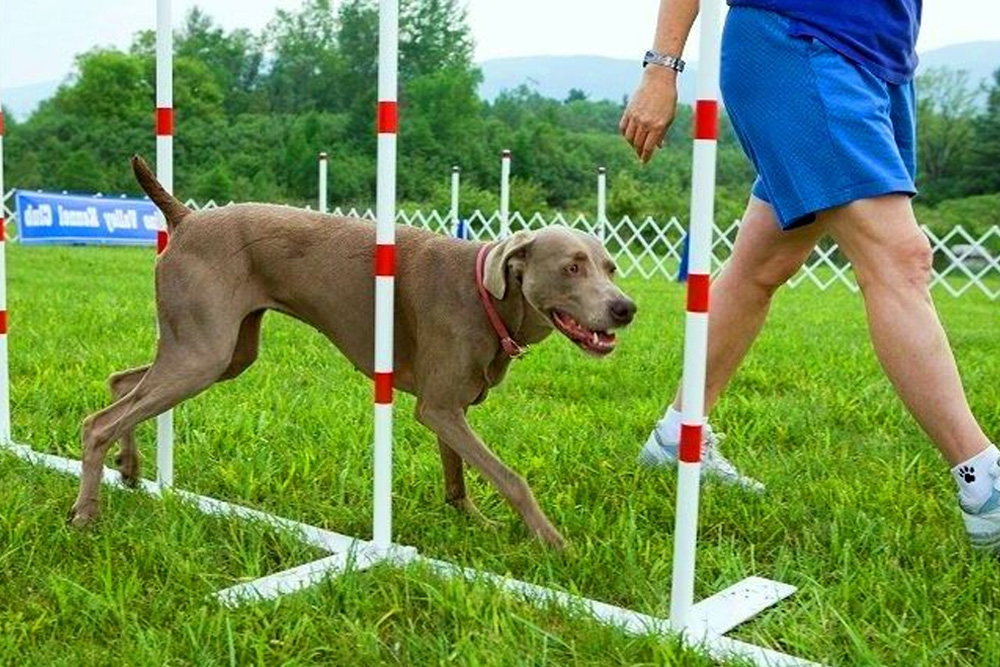
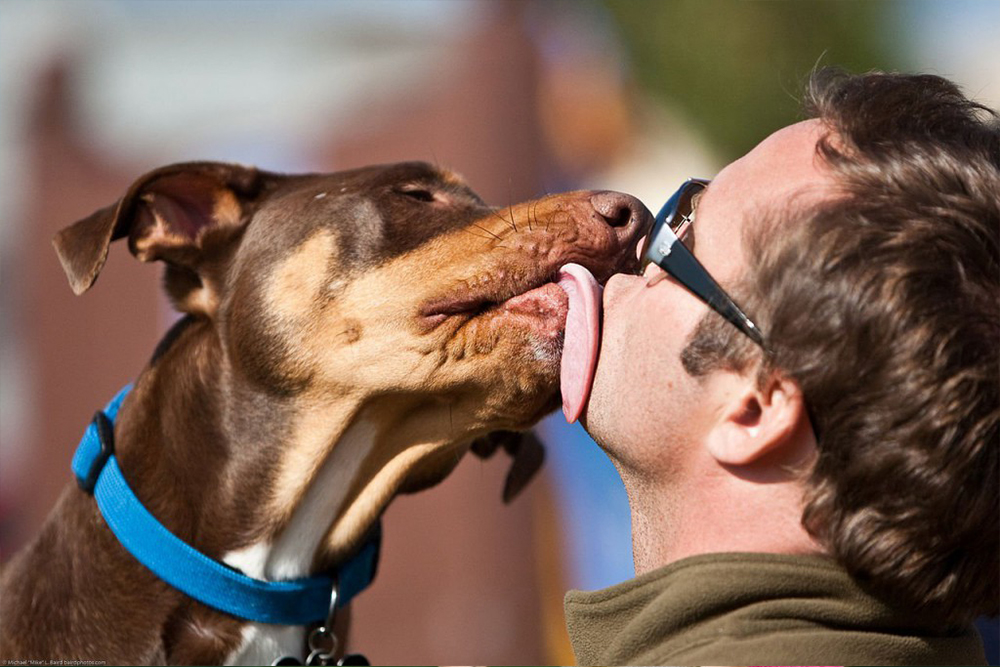
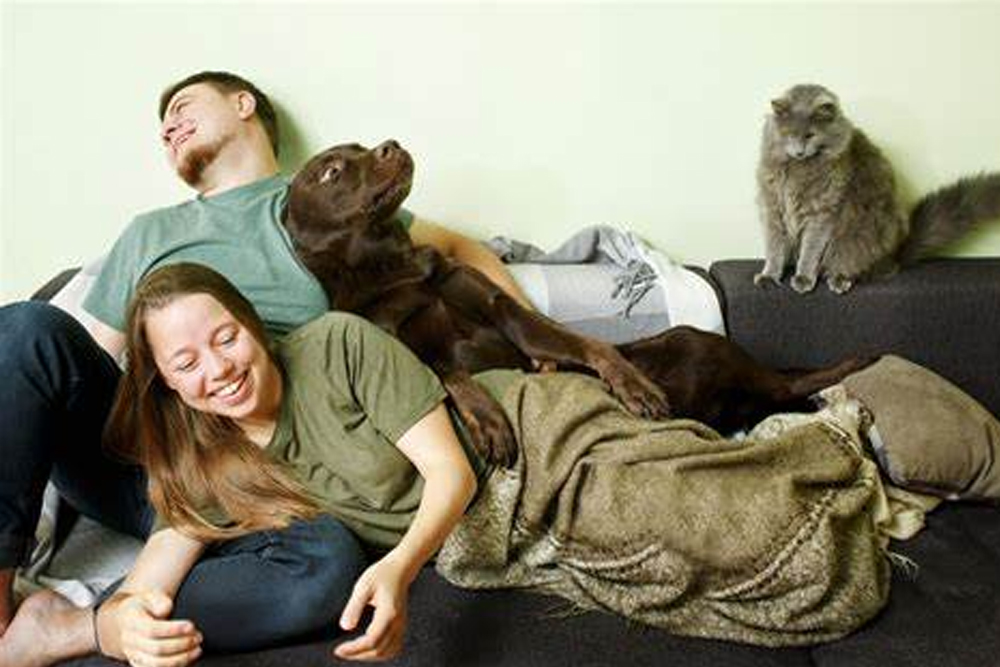
0 Comentários